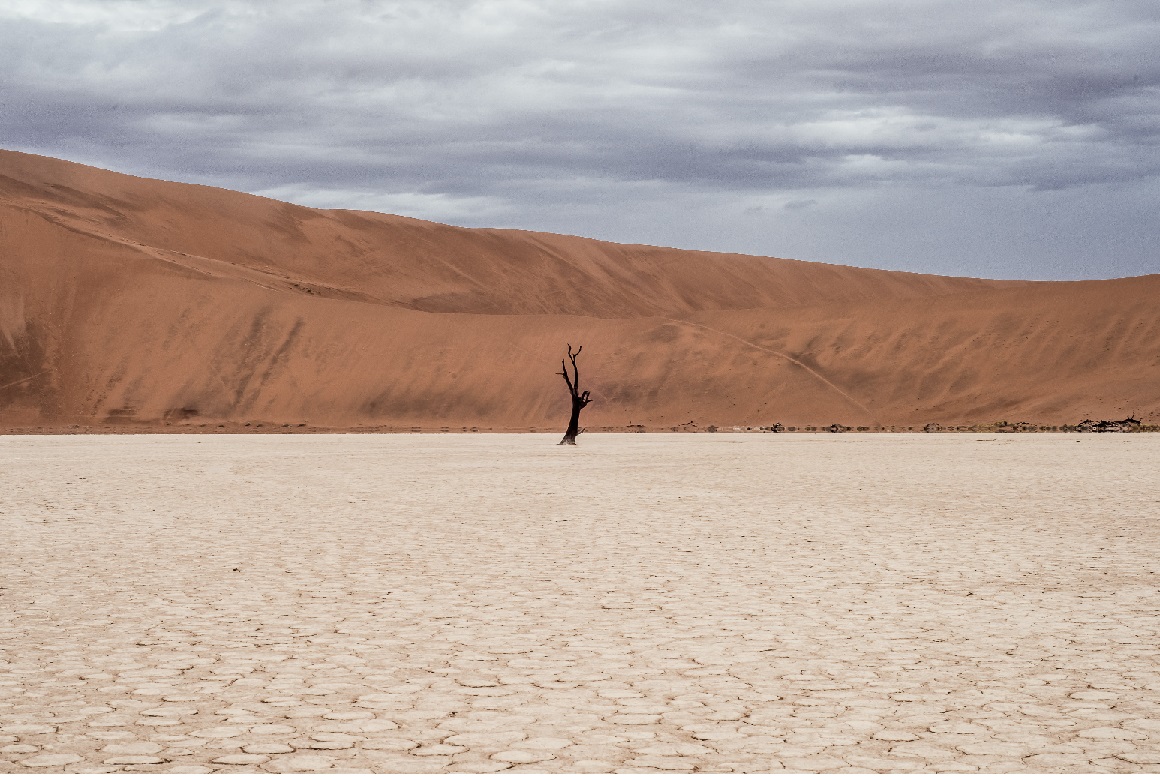
How long can you live without clean water?
Life without clean water for all of us is impossible. Water is life and without it, we cannot survive. However, the lack of safe water, sanitation, and hygiene does not only affect children’s health. Rather, it affects their physical growth and leads to an exacerbation of malnutrition and thus poor growth. It also affects their education, and their ability to focus and comprehend. Water scarcity reduces livelihood opportunities for children’s families and communities, leading to migration, conflict, and child labor in many parts of the world.
However, today residents still do not, and in many areas, do not have adequate access to clean water.
Safe water is essential to children’s health and survival, and unsafe water can make them sick or even endanger their lives.
Why can’t you live without clean water?
Water represents about 60 to 70 percent of the human body. This percentage may increase or decrease according to age. The body loses water through urination, sweating, defecation, and breathing, and we have to replace this water that we lose constantly by drinking or eating. Almost a third of the water we consume comes from food – so we don’t get dehydrated.
Stages you will go through if you have to live without clean water
The first stage of dehydration
The first stage of dehydration begins with thirst, which we feel when we lose two percent of our body weight. “When we are thirsty, the body clings to all the remaining water,” says Dilip Lobo, professor of gastrointestinal surgery. “The kidneys send less water to the bladder, so the urine becomes darker. When you sweat less, your body temperature rises. The blood becomes thicker and more viscous.” To maintain oxygen levels in the blood, the heartbeat speeds up.
The frequency of symptoms of dehydration varies from person to person, depending on the external pressures that the body is exposed to. But if you exercise hard in temperatures around 50 degrees Celsius with no water, dehydration can become fatal. “There is a maximum temperature that humans can tolerate, if you exceed it you could suffer heat stress and possibly death,” Lobo says. “Death rates rise on very cold days, but rise sharply on very hot days.”
The second stage of dehydration
When we exercise in a hot environment, the body may lose between 1.5 liters and 3 liters of water per hour due to sweat, and we may lose 200 to 1,500 milliliters of water also through exhalation, depending on the humidity in the air.
This may leave a severe impact on the body. Mild dehydration can leave us tired and exhausted, and our ability to function physically declines. And if we lose more water, our ability to cool the body down by sweating decreases, and then the body temperature rises significantly.
If the body excretes more water than it consumes, the blood becomes more dense and concentrated, and then the cardiovascular system will find it difficult to maintain blood pressure at the appropriate rate.
The kidneys compensate for the lack of water in our bodies by maintaining it by reducing the amount of urine, and water flows from our cells into the bloodstream, causing the cells to shrink in size. When we lose 4 percent of our body weight in water, we experience hypotension and fainting.
The third stage of dehydration
In the third stage of dehydration, if we lose seven percent of our body weight, our organs may be damaged. “The body struggles to maintain blood pressure,” Lobo says. “In order to survive, blood flows slowly to less important organs, such as the kidneys and intestines, causing damage to them. If the kidneys stop filtering blood, cellular waste will accumulate, In this case, you are literally dying for a drink of water.”
Rare cases of people living without clean water
But some people are more tolerant of severe dehydration, and can even maintain their performance despite thirst. In the 1984 marathon, runner Alberto Salazar lost 3.6 liters of water per hour through sweat in the summer heat of Los Angeles. He lost eight percent of his body weight. But after the marathon ended, he quickly replaced these amounts of water and was followed up by a medical team.
Complications of moderate levels of dehydration
Moderate levels of dehydration, a loss of two percent of body weight, cause short-term memory impairment, attention, alertness, math problem-solving, and coordination skills, particularly when strenuously exerted in hot environments. Some studies have linked dehydration to delirium, especially in elderly patients.
Carewater solutions for all water services
- We offer a variety of laboratory tests to ensure the quality of the water that reaches you. You can learn about it here.
- Design and build a variety of water treatment plants using several systems depending on the water condition in your area, and you can learn more here.
- Wastewater and gray water treatment units for used in many fields, rationalizing the consumption of clean water.
- Providing magnetic processing devices, and you can learn about the role of the Magnolith device in some areas from here.
- After-sales services, periodic maintenance, and solving all problems related to water treatment.
























